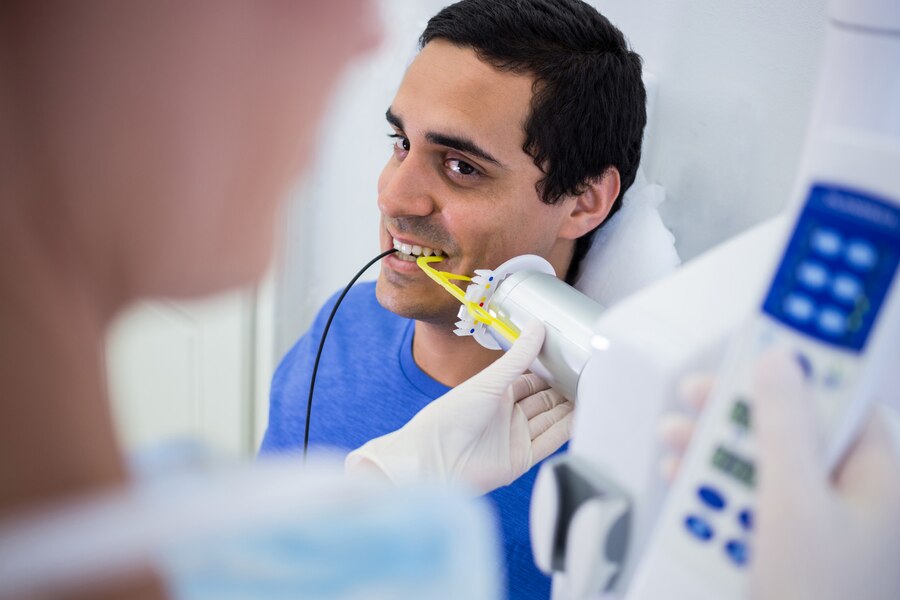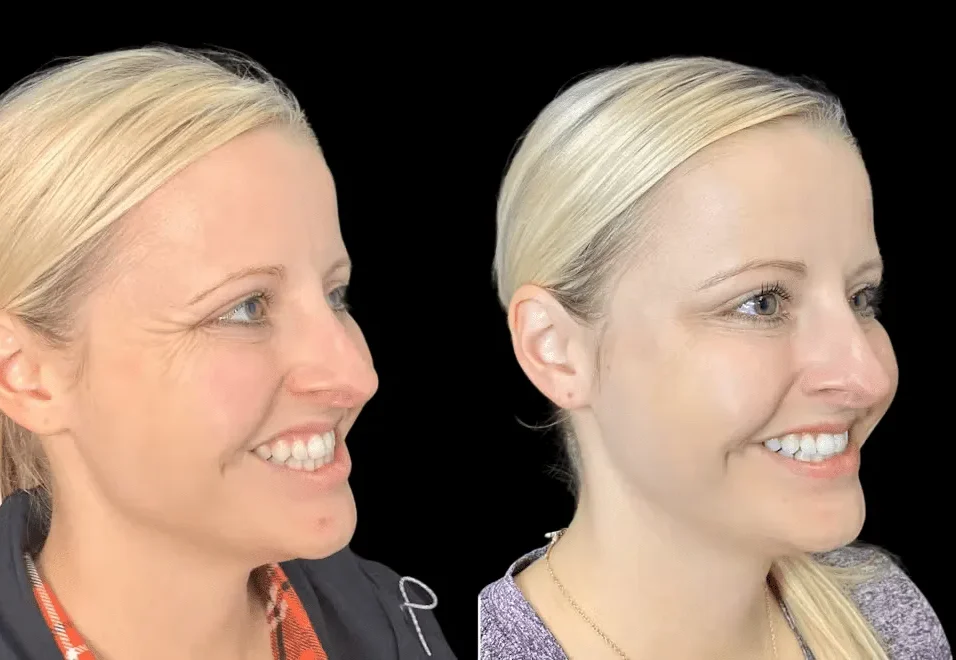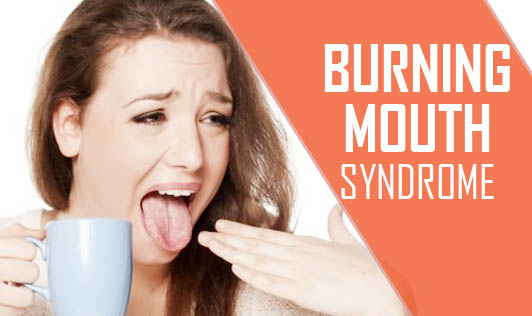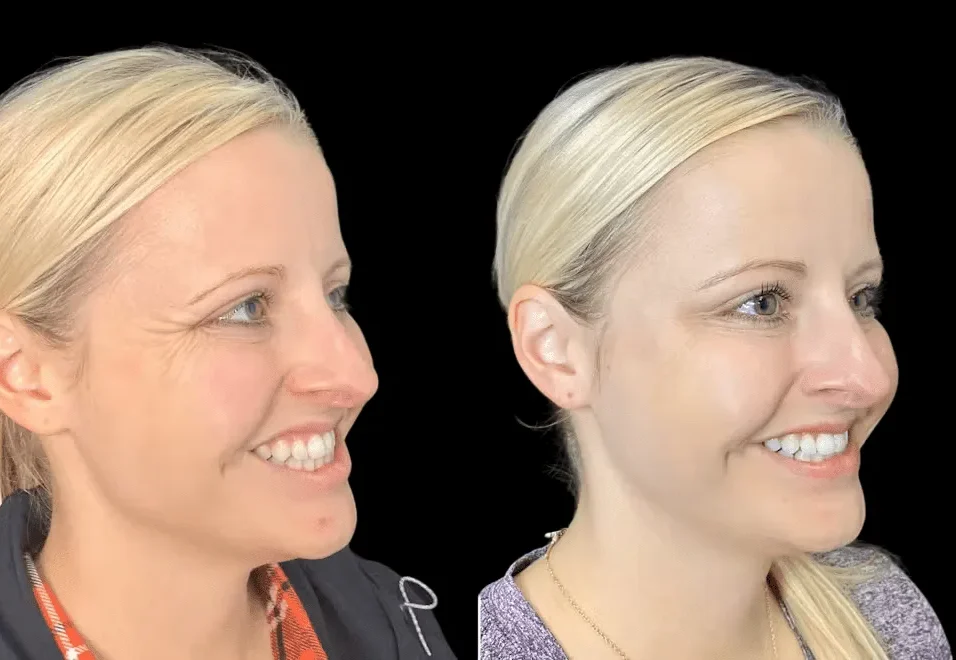Top Mistakes to Avoid During Artificial Teeth Cleaning
Proper artificial teeth cleaning is crucial for maintaining oral hygiene, preventing discoloration, and ensuring the longevity of dentures, implants, or bridges. However, there are several common mistakes people make that can lead to unwanted damage or reduce the effectiveness of their cleaning efforts. Here, we’ll discuss the top mistakes to avoid so you can keep your artificial teeth looking and feeling great.
1. Using Abrasive Cleaning Products
One of the biggest mistakes in artificial teeth cleaning is using abrasive cleaners or toothpaste, which can scratch the surface of dentures, bridges, or implants.
- Avoid Abrasive Toothpaste: Regular toothpaste is often too abrasive for artificial teeth, especially for materials like acrylic used in dentures.
- Opt for Non-Abrasive Cleaners: Look for denture-specific cleaning products, as they are formulated to clean artificial teeth gently without causing damage.
2. Neglecting to Clean Every Day
Artificial teeth need daily care just as much as natural teeth do. Neglecting a daily cleaning routine can lead to plaque buildup, which may cause bad breath or gum inflammation.
Do you want to visit Char Dham? Char Dham Travel Agent is the best place to plan your Char Dham tour. You can book the tour from here.
- Commit to Daily Brushing: Use a soft-bristle toothbrush to clean artificial teeth every day.
- Soak Removable Dentures: For those with removable dentures, nightly soaking is an essential part of artificial teeth cleaning.
3. Skipping Regular Soaking for Dentures
Removable dentures benefit from regular soaking to maintain freshness and eliminate bacteria. Skipping this step can lead to buildup and odor.
- Choose a Denture Soaking Solution: Use a mild denture solution rather than household cleaners, which may harm artificial teeth.
- Avoid Overnight Drying: Never let dentures dry out, as this can cause the material to weaken and warp over time.
4. Using Hot Water
Hot water may seem like an effective way to kill bacteria, but it can actually cause artificial teeth to warp, especially in dentures. Warping can make them uncomfortable and affect the fit.
- Use Lukewarm Water Instead: Stick to room-temperature or lukewarm water to clean your dentures or rinse implants and bridges.
- Avoid the Dishwasher: Some people mistakenly think it’s okay to place dentures in a dishwasher. The heat can damage the material, so always hand-clean them instead.
5. Neglecting Gum Health
Even though you may have artificial teeth, it’s essential to care for the surrounding gums. Ignoring gum health can lead to infections or discomfort, especially for those with implants or bridges.
Would you like to visit Indiar? A tour operator in India is the best place to plan your tour. You can book a tour from here.
- Clean Around Implants and Bridges: Use floss or an interdental brush to remove plaque around the gum line and between artificial teeth.
- Use Antibacterial Mouthwash: Rinse with an antibacterial mouthwash to reduce bacteria and keep gums healthy.
6. Not Rinsing After Meals
Rinsing after meals is a quick way to keep artificial teeth clean and reduce plaque buildup. Many people skip this simple step, but it’s helpful for removing food particles and minimizing stains.
- Rinse with Water: After eating, rinse with water to wash away food particles.
- Carry a Travel Rinse: For convenient artificial teeth cleaning on the go, consider keeping a travel-size mouthwash or bottle of water with you.
7. Using Household Cleaners or Bleach
Some people turn to household cleaners like bleach or vinegar, thinking they’re effective for artificial teeth cleaning. However, these products can be harmful and even toxic if ingested.
- Never Use Harsh Chemicals: Harsh chemicals can weaken the material of artificial teeth, causing them to discolor or degrade.
- Stick to Denture-Specific Cleaners: Choose cleaners recommended by your dentist, as these are safe for artificial teeth.
8. Forgetting Professional Cleanings
Regular dental visits are important even for those with artificial teeth. Dentists can provide a deeper clean than at-home methods and check for any issues with the fit or health of your artificial teeth.
Would you like to visit Haridwar? Travel agents in Haridwar are the best place to plan your trip. You can book your tour right here.
- Visit Your Dentist Twice a Year: Schedule regular checkups to have your artificial teeth professionally cleaned.
- Check for Fit and Comfort: Dentists can also check the fit of your artificial teeth, ensuring they’re comfortable and securely placed.
9. Ignoring Staining Foods and Beverages
Certain foods and drinks are more likely to stain artificial teeth. Many people don’t realize that artificial teeth can discolor over time if exposed to staining agents.
- Limit Coffee, Tea, and Red Wine: These drinks are notorious for causing stains on artificial teeth.
- Rinse After Consuming Staining Foods: After enjoying foods like berries or sauces, rinse your mouth to minimize the risk of staining.
10. Not Using the Right Tools
Artificial teeth require specific tools for effective cleaning. Using the wrong brushes or tools can make artificial teeth cleaning less effective and even cause damage.
- Choose a Soft-Bristle Brush: Hard bristles can scratch artificial teeth, so always opt for a soft-bristle toothbrush.
- Interdental Brushes and Floss Threaders: These tools help clean around implants and bridges, reaching areas that a toothbrush can’t.
FAQs on Cleaning Artificial Teeth
Q1: Can I use regular toothpaste for artificial teeth?
It’s best to avoid regular toothpaste, as it may be too abrasive for artificial teeth. Instead, use a non-abrasive denture cleanser or a product recommended by your dentist.
Q2: How often should I soak my dentures?
Soak your dentures every night. Daily soaking prevents bacteria buildup, keeps them fresh, and maintains the shape and moisture of the material.
Q3: What’s the best way to avoid stains on artificial teeth?
Limit exposure to staining foods and drinks, like coffee, tea, and red wine. Regular artificial teeth cleaning and rinsing after meals can also help prevent discoloration.
Q4: Can I clean artificial teeth with baking soda?
It’s not recommended to use baking soda on artificial teeth, as it can be abrasive. Stick to denture-specific cleaners to ensure safe, effective cleaning.
Q5: Should I remove dentures at night?
Yes, it’s best to remove dentures at night to allow your gums to rest. Nightly removal also allows you to soak them, keeping them clean and bacteria-free.
Conclusion
By avoiding these common mistakes in artificial teeth cleaning, you can keep your artificial teeth in excellent condition and maintain a bright, healthy smile. Using the right products, tools, and techniques can help you achieve effective cleaning without risking damage. Regular dental checkups, attention to gum health, and a commitment to daily care will ensure your artificial teeth look and feel their best for years to come.







